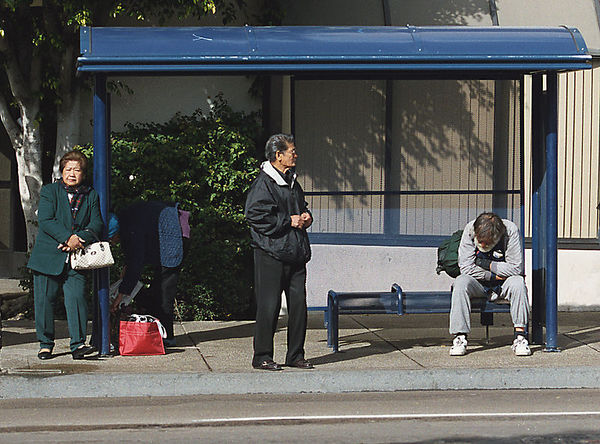This now-completed project focused primarily on refugee transportation patterns, attitudes and behaviors in Vermont. It set out to understand what mobility means for refugee communities in a place like Vermont. The study suggests that transportation is one of the key issues and challenges facing newcomers to Vermont. For refugees and immigrants as for other members of the general population, being able to get to work, school, and medical appointments on time, being able to travel for groceries and other shopping, and being able to visit relatives and both new and old friends, are all important parts of a healthy and sustainable life. But while issues of transportation access are of importance to all members of any community, there are some specific implications with regard to mobility for refugees in their adjustment to a new life in Vermont. The issues are not only those of convenience and efficiencies; for newcomers to Vermont, transportation access and mobility are crucial elements of a successful resettlement process.
Our research suggests that for refugee families and individuals for whom transportation is less of a challenge – because they live closer to their travel destinations or to transit options, or due to their access to a car – their acclimation to a new environment is potentially smoother. Indeed, those for whom transportation is less of an obstacle have considerable advantages over those who do not live in close proximity to the work, stores, services and schools that they need to reach. Overall, our study indicates that access to viable transportation options, both public and private, is lacking for refugees in Vermont. This gap acts as a significant barrier in the adaptation of refugees to their new homes and their acculturation to their new host communities. Furthermore, limited transportation options can in substantial ways restrict the autonomy and independence of refugees, leaving them dependent on the services and schedules of others, which in turn can adversely affect their ability to seek and secure gainful employment, receive necessary medical care, and access other goods and services vital to survival, such as food and clothing. Our study also indicates that further research needs to be done on the specific impacts of limited transportation options for refugee women, children, and the elderly.
This study, drawing on interviews and participant observation with service providers, community leaders, and a number of refugees, a review of both academic literature and the popular press, an analysis of relevant demographic and economic data, and a pair of surveys of both refugees and service providers gives some insight into the nature and the number of challenges facing refugees in Vermont with respect to transportation. There were several specific issues that our study found of particular concern.
There are several reports and publications that have come out of this research. Please click on the links below to access some of the results:
